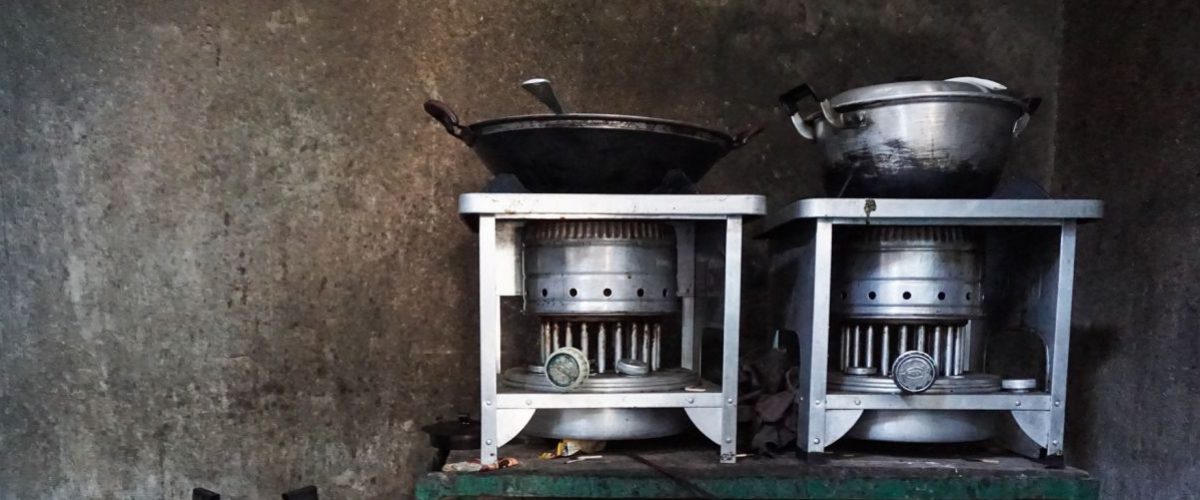By Alistair Wray
Modern energy services are crucial for poor people, especially women and girls, in improving wellbeing, accessing social services and promoting productive employment. Girls and women’s opportunities are often the most constrained by a lack of light and power – with direct implications for movement at night, personal safety, education and economic activities. As we work towards addressing the needs of the more than one billion people who do not have access to reliable and affordable energy services, and the many hundreds of millions more who are poorly served by unreliable grid connections, it is crucial that we understand and take into account the different energy needs of women and men, girls and boys. Moreover, electrification can enable women to perform more productive activities and earn more, thereby reducing the gender wage gap. In addition to job opportunities created by scaling up access to modern energy services, employment is stimulated in enterprises providing these services and in supply chains. Gender perspectives are widely recognised as important in shaping the energy sector and the provision of services but these often evaporate when it comes to energy sector decision-making. The ENERGIA Gender and Energy Research Programme will provide important insights and a robust evidence base to help ensure that energy services provide equal opportunities.
Read the full article.
This article was published in ENERGIA News May 2016
Gender and Energy Research: Building the evidence base for improving energy interventions’ effectiveness.







